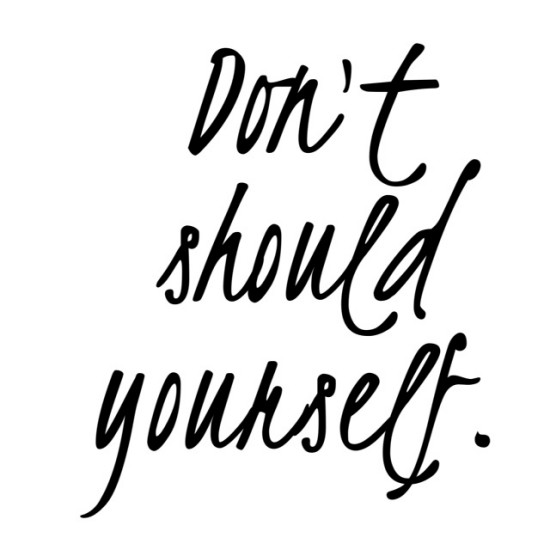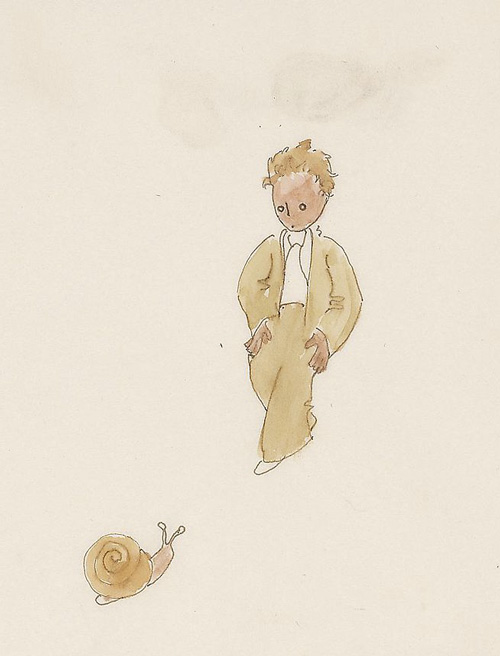If I like the slow and subtle movies, this one was such an opposing experience, that it left me with something akin to a disturbed hangover. It’s intense, explicitly vituperative and darkly funny as Meryl Streep and Julia Roberts take you through depths of intense, strong and seemingly ambivalent emotions. The acting is exceptional all the way round, but predominantly woman energy most of the way.
It’s about three sisters, with families, meeting up at their home for the funeral of their father who has committed suicide. They've all grown into their own complex and highly distant lives, and it's all about how they each relate to one another and more to their dominant dysfunctional mother (played brilliantly by Meryl Streep). Everyone seems to be digging claws into the other, and its so explosive, that not just the house, but even the plains of Oklahoma with their stark empty expanse starts to be claustrophobic.
With each caught up in ones own complexities of life, the coming together brings out the most tumultuous and worst of each of them. You could walk away from the movie, glad and relieved that nobody you know is in as bad a situation, but I suppose it also gives you a peep into whats potentially there beneath the surface in anyone too, like if truth be told.
There was one instance which caught my attention: On the way to receiving their fathers body, Julia Roberts, at that point likely facing death of a close one (she's her fathers pet) for the first time, is telling her fourteen year old, ‘don’t die before me, whatever you do, don’t. You can live whatever life you want, get into trouble, lead any life you want, get messed up, but survive, just don’t die before me….please’. A touching moment there.
And the very next sequence is at the funeral lunch, when soon after the funeral, the same daughter rushes into the house to turn on the TV, and Julia Roberts loses it with her saying ‘you actually were rushing through the funeral, and were so anxious to not stop for a soda I wanted, just so you could make it back to watch phantom of the opera on TV?. And the daughter throws back a nonchalant ‘maybe’. And we get to the farthest from the touching moment of sentiment and liberation to, 'where is your character going? How insensitive are you? Is this what you're learning?' The contrasts of emotions in relationships.
And the very next sequence is at the funeral lunch, when soon after the funeral, the same daughter rushes into the house to turn on the TV, and Julia Roberts loses it with her saying ‘you actually were rushing through the funeral, and were so anxious to not stop for a soda I wanted, just so you could make it back to watch phantom of the opera on TV?. And the daughter throws back a nonchalant ‘maybe’. And we get to the farthest from the touching moment of sentiment and liberation to, 'where is your character going? How insensitive are you? Is this what you're learning?' The contrasts of emotions in relationships.
Another sequence that captures depths of anger and remorse, is between Meryl Streep's sister (Margo Matindale) and her husband. (Chris Cooper). They have a son, around mid twenties, a laid back, soft spoken loser kinds, nice loser types, with Margo belittling and humiliating him, and Chris says ‘we’ve been married thirty eight years, and I wouldn’t trade that for anything, but one more mean thing from you and we won’t see through the thirty ninth year.’
Thirty eight years, and a moment of truth to identify and acknowledge a wrong behavior pattern that breaches tolerance thresholds.
Thirty eight years, and a moment of truth to identify and acknowledge a wrong behavior pattern that breaches tolerance thresholds.
Well....it's Relationships, Marriage, Parenting, with its built in drama, suppressions and contradictions maxed out.
A poignant hangover after a tumultuous ride is what this movie was. Either for the emotional complexities of relationships or the brilliant and powerful portrayals, I'd say it's a worthwhile watch.
















.jpg&container=blogger&gadget=a&rewriteMime=image%2F*)
.jpg)





.jpg)



